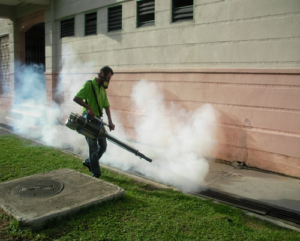Over the globe, snoring is thought to affect 57% of men and 40% of women1. Even children as young as 27% can experience it. These figures show that snoring is common, but that its severity and health effects might vary. Light, infrequent, and unobtrusive snoring can be a sign of a serious underlying breathing issue that affects sleep. Using the best anti snoring devices is the solution for it.
Why Do People Snore?
Tissues close to the airway at the back of the throat rattle and vibrate, which results in snoring. As we inhale and exhale, the moving air causes the tissue to flutter and produce noise like a flag in a breeze, which narrows the airway as we sleep. Due to the size and form of their neck muscles and tissues, some people are more likely to snore. In other instances, excessive tissue relaxation or airway restriction might cause snoring. Snoring is caused due to :
- Obesity
- Drinking alcohol
- Use of sedative drugs
- Long-lasting nasal congestion
- Oversized tongue, tonsils, or soft palate
- Pregnancy
- Even little youngsters can snore, older folks tend to do so more frequently. More commonly than women, guys snore.
Ways to Stop Snoring
- A change in lifestyle that will help you lose weight, such as food and exercise.
- Oral appliances can help maintain an open airway but are more expensive and custom-made than retainers.
- For snoring, positional treatment is frequently used. Snoring intensity can be decreased by raising your head.
- People frequently attempt to add additional pillows, however, these frequently move throughout the night and are ultimately ineffective.
- Some people sew a tennis ball into the pocket on the back of their pajama top, which should cause them to roll to their side when they are on their back.
- Additionally, numerous pillows might assist in positioning the head and neck so that the airway opens.
- Patients with sleep apnea who use a CPAP machine while sleeping can maintain a constant airflow, preventing their airways from closing.
- By abstaining from alcohol before bed, you can prevent the throat muscles from relaxing too much and allowing you to snore.
- To stop snoring, using a chin strap helps hold the lower jaw in place and aid in maintaining a closed mouth. However, due to safety concerns, those who have breathing difficulties such as nasal congestion should refrain from doing this.
- Chronic allergy treatment lessens nasal congestion, which in turn may lessen snoring.
Lastly, people should speak with their doctor or visit a sleep expert if they suspect they may have sleep apnea. A sleep study can support a sleep apnea diagnosis. Then, a specialist might offer possible treatments.













































